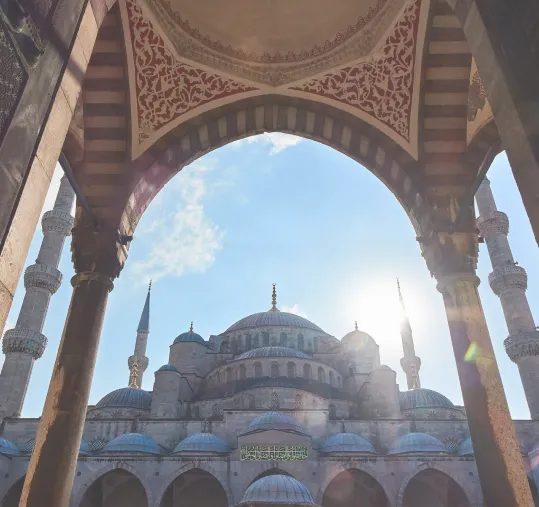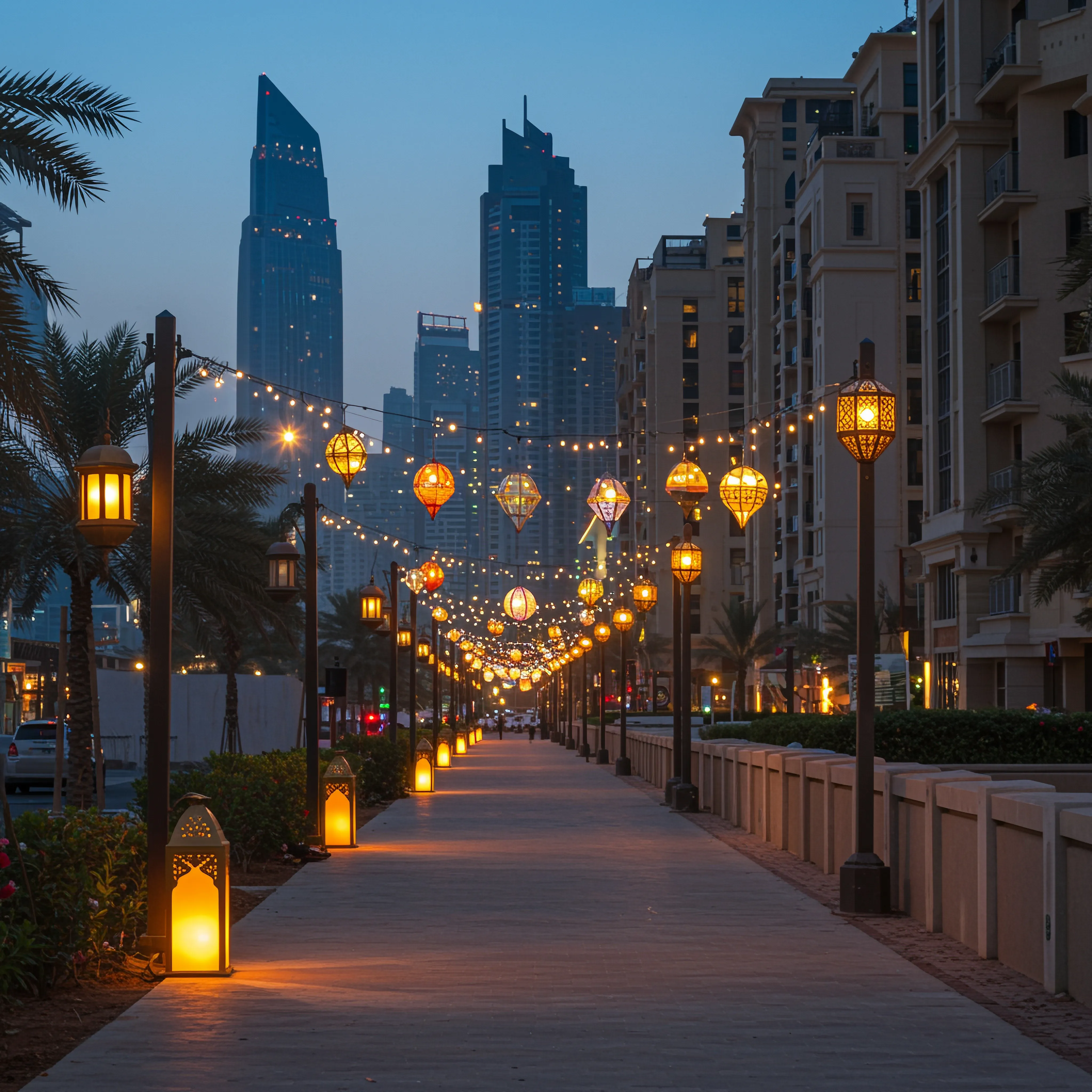skip-to-main-content
Religious Affairs - dda
Religious Affairs
Related online services
The Year of Tolerance 2019
The UAE declared 2019 as the Year of Tolerance to highlight the UAE as a global capital for tolerance. The Year of Tolerance focused on five main pillars:
Deepening the values of tolerance and co-existence among cultures.
Solidifying the UAE as the global capital for tolerance.
Implementing multiple cultural programmes and make contributions to build tolerant communities.
Having legislative and policy-oriented objectives that enhance cultural and religious tolerance via dialogue.
Promoting tolerance through targeted media initiatives and projects.
Related links
Anti-Discrimination
Federal Decree Law No. 34 of 2023 concerning Combating Discrimination, Hatred and Extremism prohibits contempt of religions, all forms of discrimination, hatred against individuals or groups, and extremist ideologies.
The law prohibits and penalizes:
Attacks on religious beliefs, rituals, and sacred elements
Distortion, damage, desecration, or insult of holy books
Disrespectful behavior towards prophets, places of worship, cemeteries, graves, and associated spaces
Actions or expressions that may result in discrimination
The law defines extremism as any action carried out by individuals or groups, driven by ideologies, values, or principles, that disrupt public order, show contempt for religions, promote discrimination, or incite hate speech.
How Ramadan is Observed in Dubai
In Dubai, Ramadan is observed with a rich blend of faith, tradition, and community spirit. Families gather for Suhoor before dawn and break their fast at Iftar after sunset, often starting with dates and water, following the tradition of Prophet Muhammad (PBUH).
Ramadan in Dubai is truly a special experience. Traditional Arabian lights and decorations are a common sight across the city, as are large tents where people can meet and have iftar and suhoor.
One of Dubai’s most cherished traditions is the Iftar cannon (Midfa Al Iftar), fired at sunset to mark the end of the daily fast. The sound of the cannon remains a beloved cultural practice for families and children alike.
Throughout the month, Muslims also gather for Taraweeh prayers after the evening Isha prayer. In the last ten nights, many seek Laylat Al Qadr, a night believed to hold immense spiritual rewards.
Ramadan Greetings
During the Holy Month, people greet one another with warm expressions such as “Ramadan Kareem” or “Ramadan Mubarak”, meaning “Happy Ramadan.” These greetings reflect the spirit of generosity, kindness, and joy associated with the month.
Visitors and residents alike are encouraged to share greetings when meeting friends, colleagues, or hosts during Ramadan. If you're invited by an Emirati to dine at their home, it’s polite to accept the invitation. It will be a memorable experience filled with traditional Emirati hospitality. To show your gratitude for invitation, you can bring a small gift for your hosts like a box of dates.
Ramadan Etiquette
Non-Muslims in Dubai are not required to fast but are expected to respect the cultural and religious practices during the Holy Month. It is an act of kindness to abstain from eating, drinking, or smoking in public during fasting hours. Many restaurants remain open during the day with takeaway options available.
Other key etiquette includes wearing modest clothing in public, avoiding aggressive behavior, loud music, or inappropriate language, and showing respect when invited to Iftar gatherings. Accepting such invitations provides a chance to experience authentic Emirati hospitality.
Changes During Ramadan
Ramadan brings some changes to daily life in Dubai. Working hours are shortened by two hours across both public and private sectors, benefitting Muslims and non-Muslims alike. There is flexibility in working hours during Ramadan to allow people sufficient time for rest.
Restaurants often adjust their schedules, opening after sunset for Iftar and Suhoor. While most malls and supermarkets operate as usual, they extend their closing times to accommodate late-night shopping. Parking fees and public transport schedules may also vary during Ramadan, with two hours of free parking usually provided during Taraweeh prayers.
Charitable Activities in Ramadan
Ramadan in Dubai is deeply associated with generosity and giving. Providing free Iftar meals is a widespread practice, with charitable organizations setting up tents to distribute meals to residents of all backgrounds.
Individuals and companies also contribute by distributing food boxes (Al Mir Al Ramadani), clothing, and monetary donations through licensed charities. Importantly, fundraising is strictly regulated and must be carried out only through approved organizations.
Begging is an illegal behavior in Dubai. You may notice many beggars during Ramadan; however, begging is prohibited and those caught by the police are subject to penalties.
Ramadan Events
Dubai hosts a variety of cultural, social, and religious events during Ramadan. Highlights include the Dubai International Holy Quran Award, which features Quran memorization contests, lectures, and recitations by renowned scholars.
Beyond religious activities, Dubai comes alive with Ramadan night markets, festive decorations, and vibrant community gatherings. Families and visitors enjoy beautifully lit streets, pop-up majlises, and special offers at malls and hotels. This unique blend of spirituality and celebration makes Ramadan one of the most memorable times to experience the city.
Related Links
Was this content helpful


